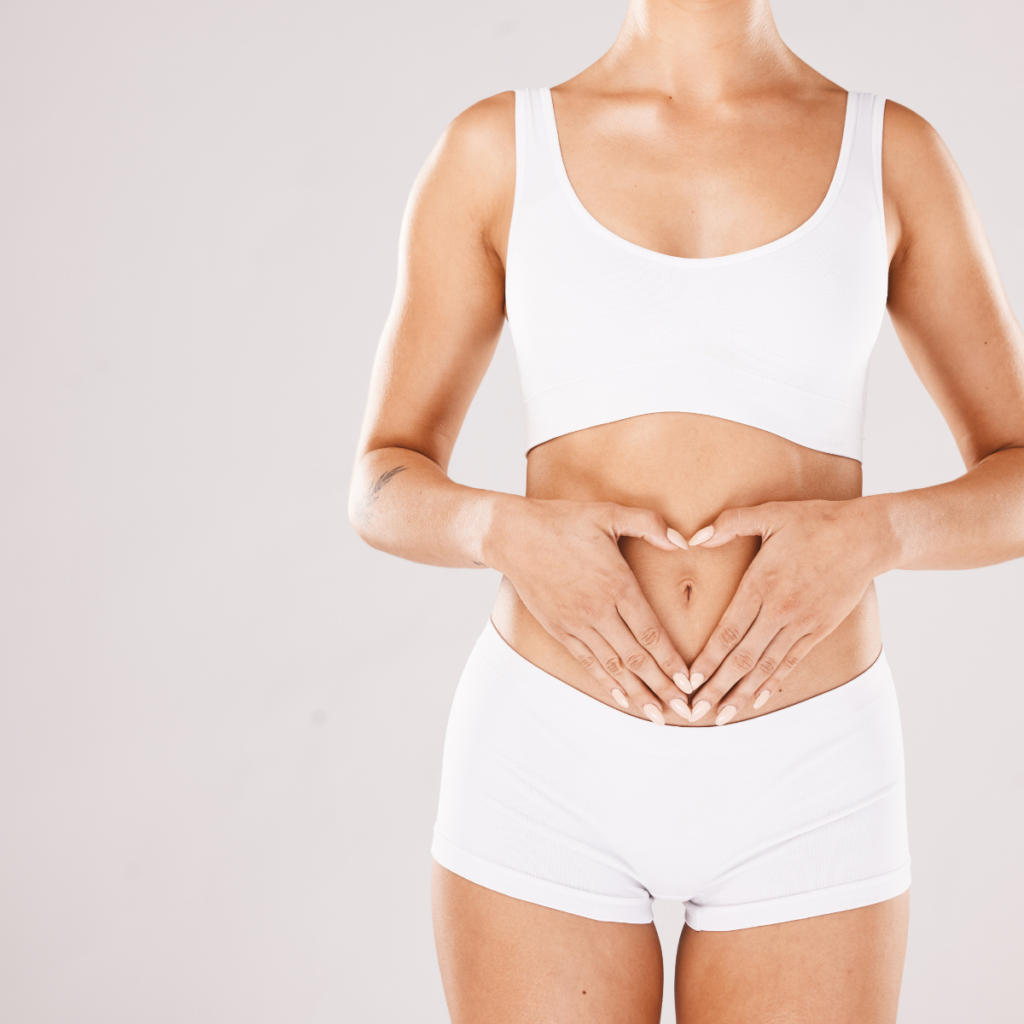January’s Health and Wellbeing focus is Healthy Lifestyle.
With shorter days, gloomy weather finding the motivation to be healthier can be hard and the very thought of eating well and exercising can be overwhelming.
The stats
- Only 28-34% of adults aged between 65 and 74 are physically active.
- High blood pressure accounts for 12% of all GP appointments in the UK.
- 31% of men and 26% of women have high blood pressure.
- Only 28-34% of adults aged between 65 and 74 are physically active.
Eating a balanced diet
Eating a healthy, balanced diet is an important part of maintaining good health, and can help you feel your best.
This means eating a wide variety of foods in the right proportions, and consuming the right amount of food and drink to achieve and maintain a healthy body weight.
The Eatwell Guide shows that to have a healthy, balanced diet, people should try to:
- eat at least 5 portions of a variety of fruit and vegetables every day.
- base meals on higher fibre starchy foods like potatoes, bread, rice or pasta
- have some dairy or dairy alternatives (such as soya drinks)
- eat some beans, pulses, fish, eggs, meat and other protein
- choose unsaturated oils and spreads, and eat them in small amounts
- drink plenty of fluids (at least 6 to 8 glasses a day).
Find out more information on the NHS website.

Digestive health
To avoid problems such as constipation, heartburn and symptoms of irritable bowel syndrome (IBS), it’s important to eat the right foods. Here’s a tummy friendly diet to aim for.
- Fill up on fibre to prevent constipation
- Drink plenty of fluids to aid digestion
- Cut down on fat for a healthy gut
- Cut back on greasy fried foods to ease your stomach’s workload.
- Try to eat more lean meat and fish, drink skimmed or semi-skimmed milk, and grill rather than fry foods.
- Go easy on spice to avoid tummy trouble
- Choose the right drinks to ease digestion
- Eat Probiotics.
Find more information on the NHS website.

Be physically active
Being physically active offers many health benefits throughout life. Even in older age, increasing activity levels can improve life expectancy and increase the number of years spent disease and disability free.
Being physically active can:
- increase life expectancy
- help protect against heart disease, stroke, diabetes, some cancers, depression and dementia
- help you to keep a good appetite
- help you to keep mobile
- help with joint stiffness and pain associated with arthritis
- reduce bone loss and strengthen muscle – reducing your risk of falling and fracturing bones
- improve your mood and sense of wellbeing.
The recommendation for older people is the same as for younger adults – at least 150 minutes of moderate activity a week in bouts of 10 minutes or more. One way to achieve this is to do 30 minutes of activity five days a week. You can find more information here.

Check out the many sources and information available to support you in what may be a new Healthy Lifestyle for 2024, or maintaining/improving your current Healthy Lifestyle.
